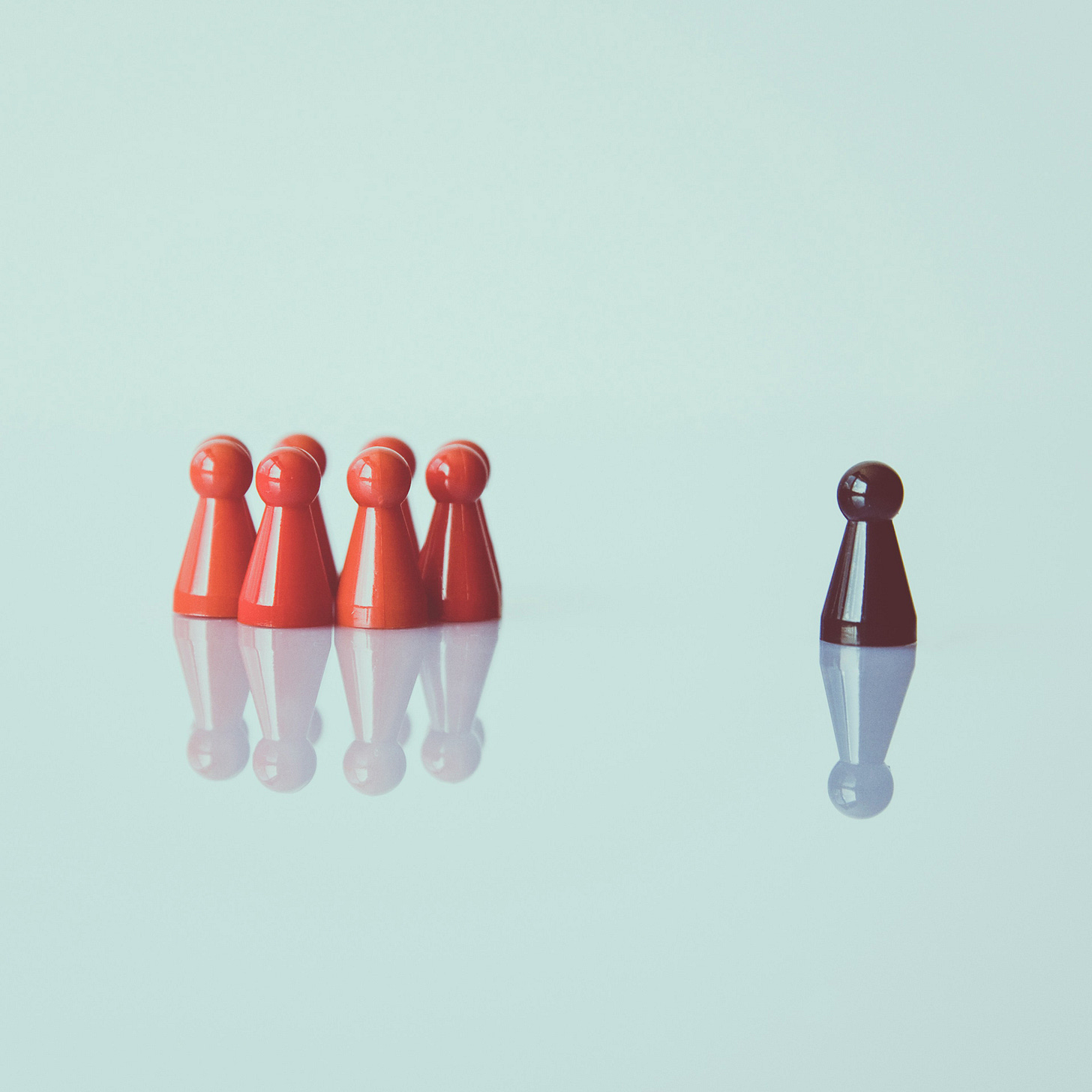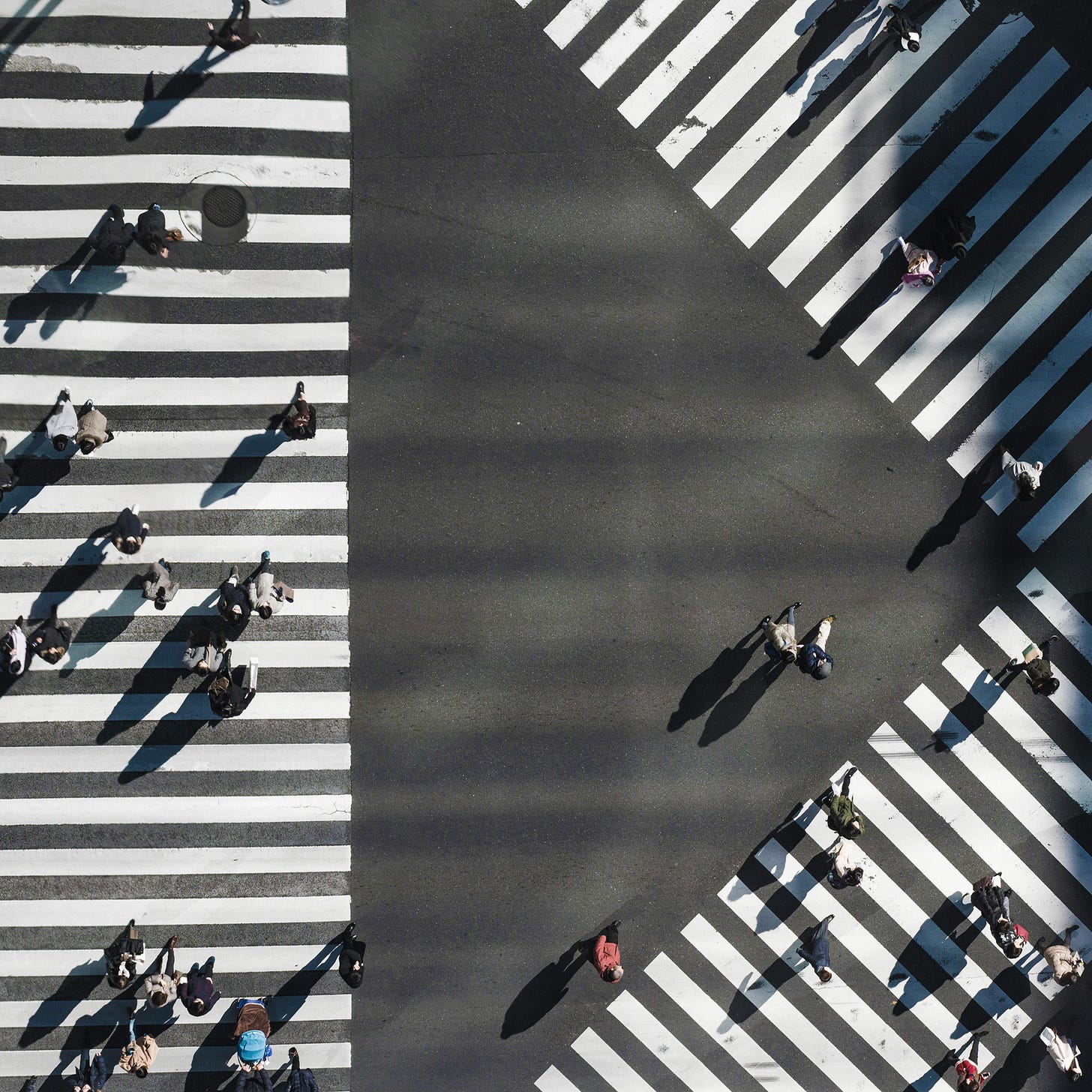
Rich yet poor
In the second half of the 20th century, Japan's strong sense of collectivism drove it to rise from the ashes of World War II to become a top economy in the world in less than 20 years.
During this time, corporate leaders took it upon themselves to use the power of business to revive the Japanese economy and society.
Despite its small footprint, Japan, a country with few natural resources, became the second largest economy behind the US, which is 26 times larger.
In recent decades, Japan’s economy has stagnated.
In 2010, China's GDP surpassed Japan's. Germany overtook it in 2023, knocking it down to fourth place. The average starting salary for US college graduates with a bachelor's degree is projected to be $68,516 USD in 2024, compared to Japan's $1,480 USD.
If you visited Tokyo, you wouldn’t notice it.
The city is lively, has little homelessness, its infrastructure is well-maintained, and things run properly.
American individualism and its obsession with winning—measured in stock prices and shareholder value—have helped the U.S. maintain its No. 1 status, producing more billionaires than any nation. Jeff Bezos’ fortune exceeds the combined GDP of the 48 poorest countries.
In New York City, you’ll notice skyscrapers, expensive restaurants, hotels, and lavish penthouses. However, the wealth is concentrated mostly in the private sector.
The city is bustling, but it has visible homelessness, deteriorating public infrastructure, and things don’t run that well.
In Tokyo, a drunken businessman in a suit can sleep in a subway station—though not recommended—without worrying about filth or safety. Unthinkable in NYC.
While American individualism creates immense wealth, it remains concentrated in private hands rather than benefiting public goods and services. America is rich, yet it isn’t.
The world is full of contradictions, but this one is unfortunate.
Irony: The most expensive restaurant in NYC? Masa, a Japanese restaurant whose Omakase menu can cost up to $2,000 per person.
The contrast between public and private wealth reflects deeper cultural values about the purpose of economic success. These values influence how leaders in each culture approach their responsibilities.
Eastern philosophy
While Western cultures, especially the US, prioritize individualism and capitalism, Eastern societies like Japan emphasize collectivism, societal harmony, and organizational identity.
They differ in cultural and societal values. The contrast is more pronounced between Eastern and Western philosophies.

When I was 15, my grandfather died. It was my first experience with death. A lifelong doctor in a seaside town in Japan, he worked until cancer was diagnosed at 70, forcing him to stop. It was too late. Within a few months, he was gone.
My grandmother beat herself up for not stopping her husband from working all the time. She wished she’d encouraged him to prioritize his health, which might have prevented his illness.
“I think, therefore I am not.”
A monk advised us during a luncheon after my grandfather’s funeral, referencing and contradicting the 16th-century French philosopher Descartes’ quote “I think, therefore I am,” to comfort her.
His advice was indirect and cryptic, typical of Japanese communication. Combined with Chinese Buddhist teachings and Japanese Shinto spirituality, it made the advice elusive and esoteric.
The monk explained that regretting the past wouldn’t bring her husband back. Instead, he told us to empty our minds and avoid thinking. Not thinking meant being the purest version of the self, leading to peace with what was, independent of the self.
Leaders > Winners
The point of this story isn’t to preach Buddhism or Shintoism, but to highlight the contrast between Western and Eastern philosophies.
The monk's emphasis on emptying the mind of individual concerns reflects a fundamental Eastern principle that shapes Japanese business leadership: true leadership requires transcending self-interest. This philosophy leads Japanese business leaders to view themselves not as individual achievers, but as custodians of collective welfare.
In early 2024, a story made headlines during a wave of layoffs across industries, especially in tech. Satoru Iwata, a former Nintendo CEO, took a pay cut “to avoid layoffs and help pay for employee salaries, saying a fully-staffed Nintendo would have a better chance of rebounding.”
The pay cut happened in 2012 after Nintendo’s Wii U, a successor to its popular Wii, flopped. In 2011, his salary—adjusted for the exchange rate—was US$1.7 million. The following year, to avoid layoffs, he reduced it to US$500k, a 67% cut.
This wouldn’t happen in the US.
This difference partly stems from legal frameworks and may not be the fault of American CEOs. US law prioritizes shareholder rights and corporate flexibility, while Japanese (and to some extent European) law emphasizes employee protection and welfare.1
Leaders should not only guide organizations but also create financial and psychological security for their people.
One comment I found during my research on leadership caught my eye. It was from user @dennisdickson2892 in response to Simon Sinek’s “Why good leaders make you feel safe” talk2.
Six years ago, I watched this video while I was contemplating a difficult decision. After watching it, I resigned from a very high-paying job rather than firing others as I had been told to do. I never looked back. It changed my life for the better.
This may not be the course of action for every leader facing such dilemmas for a myriad of reasons, but there is a lesson here.
Perhaps that's the true measure of leadership—not what you gain or win, but what you're willing to fight for those who trust you to lead them.
I am not, by any means, preaching that the Japanese way/culture is better than the American one. There are good aspects in both cultures/countries.
Simon Sinek or TED talks are not the only references I use, of course. I think I was a little unfair to Sinek in my last essay so I’m awkwardly trying to compensate here by positively highlighting his work. While there are a lot of critics of his work, I do believe he’s done more good overall.




This was an enlightening piece Rei. That was a nice comparison between eastern and western business philosophy and mores. As a brand consultant, I see many leaders that aren't necessarily just self-centered, or looking out for others' welfare. Many seem lost, and lacking vision and inspiration. It feels like they are living in a brand bubble of their own making and are cut off from reality and lived experience of people.
Great article - thanks for sharing. Sadly I'm seeing more and more people in leadership roles with a sole focus on serving their self interests for personal gain and power. The best leaders serve their employees, customers, partners, communities - they act with integrity and lead by example. I recently read that there are two types of leaders - confident and insecure. The confident leaders trust and empower others, whereas the insecure are driven by fear and ego. There are too many insecure leaders today!